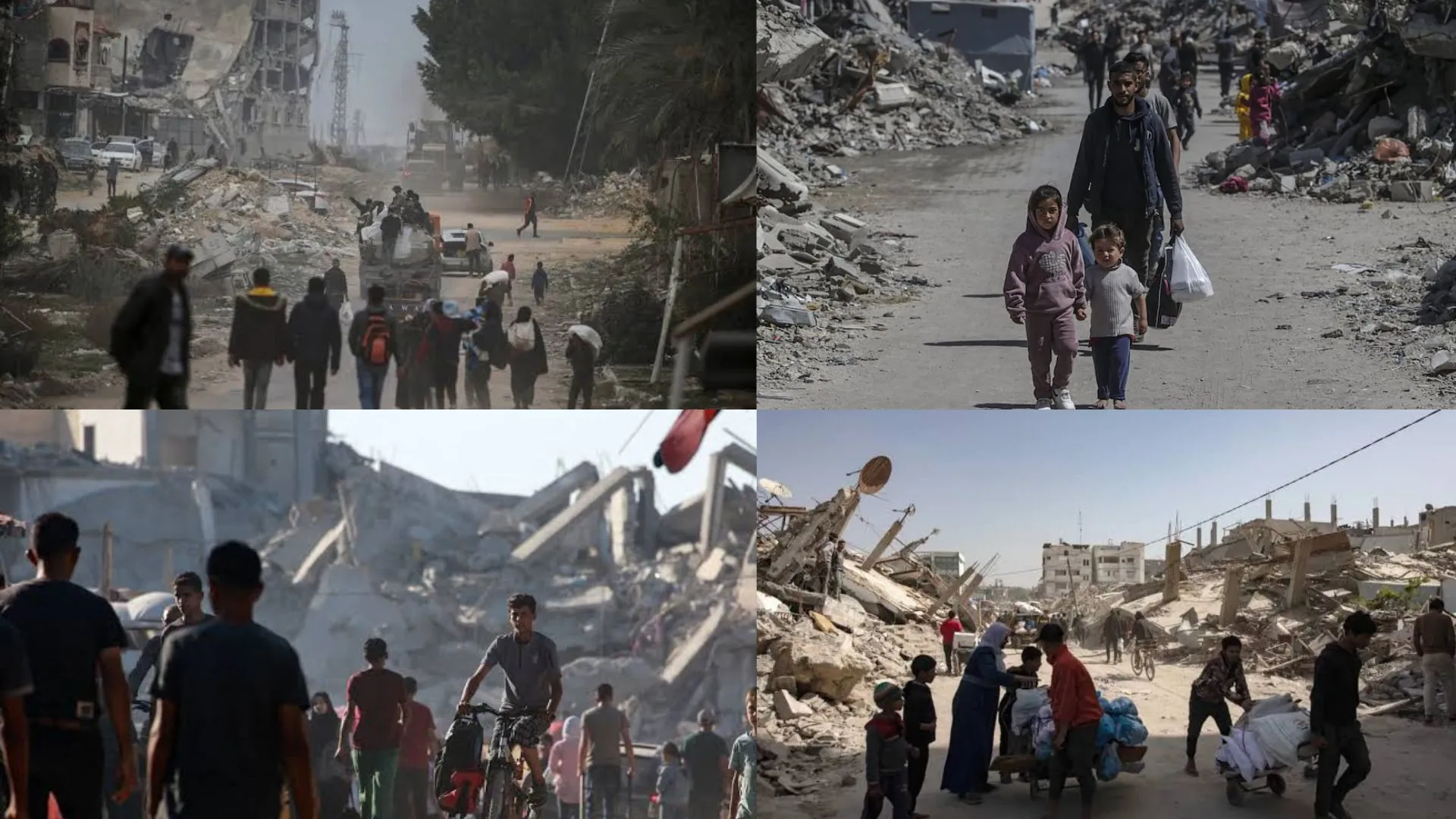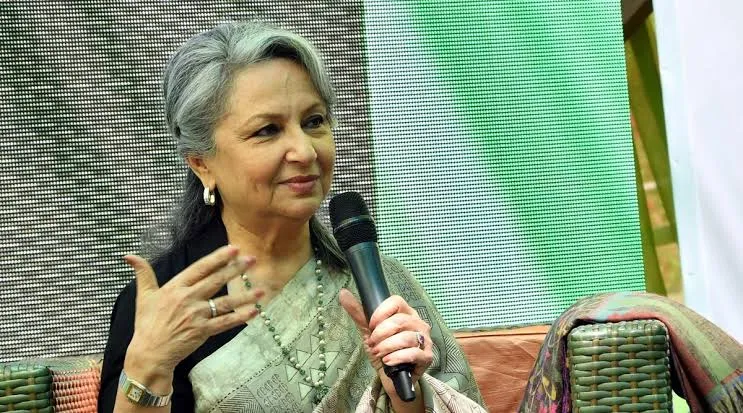The Supreme Court, on Monday, extended interim protection against any coercive measures concerning Congress MP Imran Pratapgarhi, who is currently facing allegations of inciting communal discord through the dissemination of a video clip on his social media platform.
A bench comprising Justices Abhay S. Oka and Ujjal Bhuyan engaged in a critical examination of the case, advising state police counsel to contextualize the poem in question. Justice Oka remarked, “Apply your mind to the poem. Ultimately, creativity is also important.”
Consequently, the Court afforded Gujarat police additional time to furnish a comprehensive response to Pratapgarhi’s plea, which challenges the Gujarat High Court’s decision to uphold the validity of the FIR against him.
The matter has been scheduled for further hearing on March 3. The Court scrutinized the rationale behind the FIR, which was lodged against Pratapgarhi in response to his social media post featuring the poem “Ae khoon ke pyase baat suno…” Justice Oka emphasized, “It is ultimately a poem. It is not against any religion. This poem indirectly conveys that even if someone engages in violence, we shall not reciprocate. That is the essence of its message. It is not targeted at any specific community.”
Earlier, the Supreme Court had intervened to provide interim protection to Pratapgarhi while simultaneously issuing notices to the State of Gujarat and other relevant stakeholders in connection with his petition.
On January 3, Jamnagar police formally registered a case against Pratapgarhi, who serves as the national chairman of the Congress minority cell. The charges invoked pertain to promoting enmity between religious and racial groups, making statements that undermine national integration, insulting religious communities, and abetting mass offenses.
According to the FIR, Pratapgarhi had uploaded a 46-second video on December 29 to X (formerly Twitter), with the poem “Ae khoon ke pyase baat suno…” playing in the background. A resident of Jamnagar subsequently filed a complaint, alleging that the content was “provocative, detrimental to national integrity, and injurious to religious sentiments.”
In response, Pratapgarhi approached the Gujarat High Court seeking the quashing of the FIR, contending that the poem served as a testament to love and non-violence. However, on January 17, 2025, the High Court declined his request, asserting that the case warranted further inquiry and that Pratapgarhi had demonstrated a lack of cooperation with investigative authorities.
Before the High Court, Pratapgarhi reiterated that “a reading of the song-poem unequivocally conveys a message of love and non-violence.” As the Supreme Court deliberates on the case, its impending ruling is poised to set significant precedents regarding free speech and artistic expression within the realm of political discourse.
Read More: RAU’s IAS Study Circle Deaths: Rouse Avenue Court Reserves Order On Bail Plea Of CEO Abhishek Gupta























